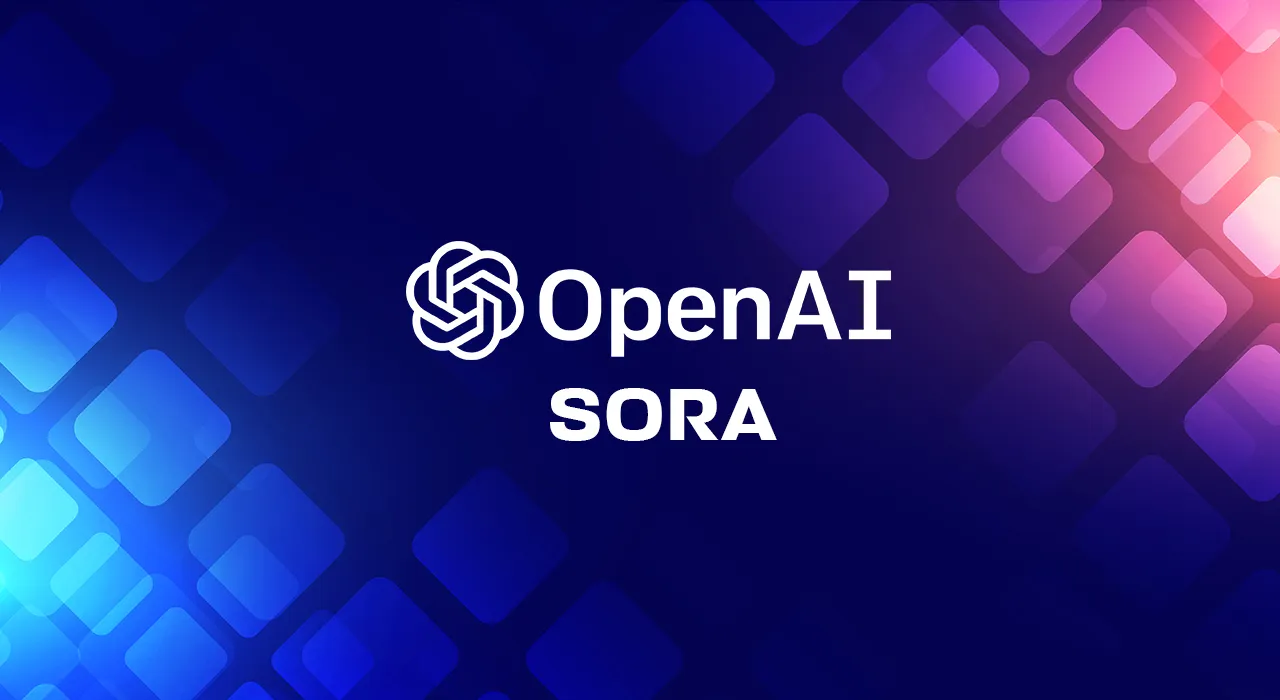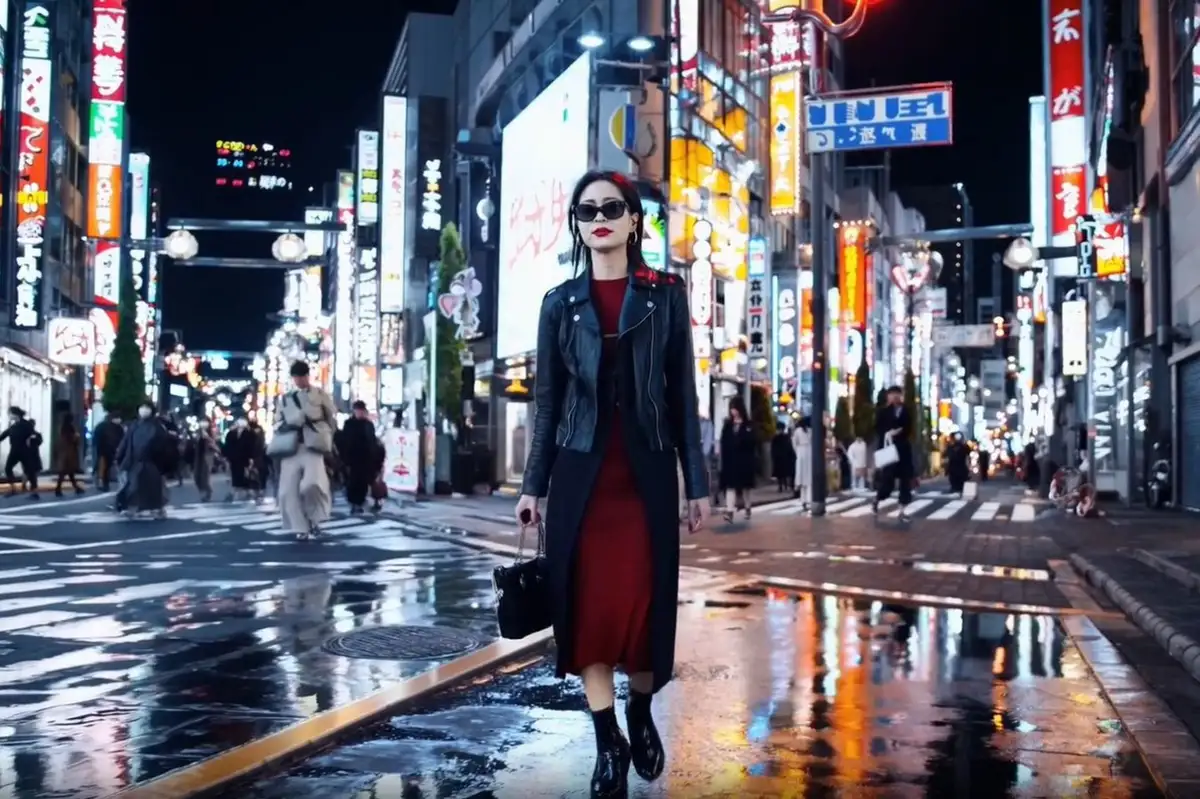When will Sora become available?

OpenAI Chief Technology Officer Mira Murati announced that Sora is in the final stages of development
OpenAI, a leader in artificial intelligence (AI) innovation, has announced new details about its next big initiative: Sora, an AI that can convert text to video.
This breakthrough promises to revolutionize the way we interact with content creation, offering previously unimaginable possibilities in the creation of hyper-realistic videos.
Sora's development was not without challenges, primarily due to its hyper-realistic nature and OpenAI's intention to include advanced features such as video editing and audio addition. These features aim to make the experience even more immersive and engaging, and expand the creative possibilities for users.
Sora OpenAI: When Will It Go Public?
In a recent interview with The Wall Street Journal, OpenAI's Chief Technology Officer Mira Murati revealed that Sora is in the final stages of development and will be available "in a few months" from this year.
This expected launch window creates expectations about the impact Sora will have on the market and digital content creation.
Artificial Intelligence with Ethical Development
OpenAI's ethical and responsible approach to developing Sora is another important point. The company assures that it is transparent about the use of both free and licensed data to train this AI.
This addresses previous concerns about the feasibility of training advanced AI models with only open-access data. This hybrid approach not only ensures legality and ethics in data use, but also suggests a potentially more expensive operational model than other AIs such as ChatGPT.
Sora, OpenAI and the 2024 Elections
Faced with the climate of misinformation surrounding critical events such as the elections in the United States, OpenAI has announced measures to limit Sora's ability to create representations of famous characters, thus aiming to reduce the potential for creating false or misleading content.
What is Sora OpenAI?
Sora is a multi-modal language model that can create realistic videos from textual descriptions. Users simply write a description of the scene they want to see and Sora brings it to life. The model can create videos up to 60 seconds long, with quality comparable to a video produced by a professional team.
This model represents OpenAI's first attempt at generating video through artificial intelligence and expands its repertoire of technological tools, which includes text generator ChatGPT and image generator DALL-E.
This advanced model doesn't just produce images; it goes further and calculates the physics of the objects around it and generates a video based on these detailed calculations.
How does it work?
It uses a diffusion model to create video. This means that it starts with a video that seems to be full of static noise and gradually smooths it out to get a polished and coherent version.
Users can tell Sora to create a video by simply typing a few sentences, choosing between a photorealistic or animated style, and get great results in a few minutes.
This model stands out for its ability to create longer, more dynamic and fluid videos than competitors like Midjourney and Stable Diffusion. Unlike competing models, which can look like a series of AI-generated stop-motion images, Sora manages to produce videos that feel completely real and coherent.
However, OpenAI recognized that Sora still has areas for improvement, including understanding of cause and effect, as well as spatial awareness. These challenges and security concerns related to the potential to create deceptive deepfakes are critical aspects that OpenAI continues to work on.
As a result, Sora is poised to be a revolutionary tool in the field of content production, promising a new era of hyper-realistic and highly customizable audiovisual creations.
The tech and creative community eagerly awaits the release of Sora and looks forward to the countless applications of this advanced AI and the impact it will have on various industries. With a commitment to innovation and ethical responsibility, OpenAI continues to lead the way into the future of AI.
Thanks for reading.




















